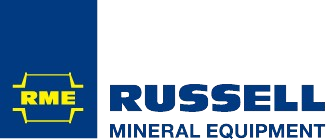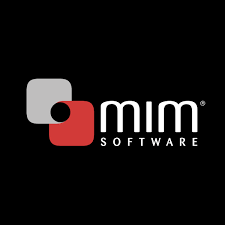
Our collection of resources based on what we have learned on the ground
Resources
Q&A
Which legislation regulates the supervision and administration of medical device...

- January 2015
- Free Access
(State Council Order No. 650), effective June 1, 2014 Order 650 is the highest level regulation governing the registration and record-keeping of medical devices, requirements for product manufacturing and distribution, and liability fo...
Q&A
What is China's risk based classification and administration for medical devices...

- January 2015
- Free Access
The classification regime for medical devices in China differs significantly from those in the European Union and United States. For example, a device considered to be Class II in the U.S. or Class II-a/II-b in the E.U. may be consider...
Q&A
How does the Catalogue of Industries for Guiding Foreign Investment regulate the...

- January 2015
- Free Access
The Catalogue is the framework document for setting restrictions/ prohibitions on foreign investment into certain industries in China, and is jointly issued by the National Development and Reform Commission and Ministry of Commerce. Re...
Q&A
What licensing regimes are put in place for commercial entities engaging in the ...

- January 2015
- Free Access
Generally, any commercial entity engaged in the manufacture or trade of medical devices must obtain specific licenses in addition to the standard business licenses for operating a company in China. The procedures and requirements for o...
Q&A
How can international businesses take advantage of dividends tax in China?

- January 2015
- Free Access
China charges a 10 percent dividends tax on the overseas repatriation of profits, in addition to a 25 percent corporate income tax (CIT). However, many of China’s bilateral DTAs (such as that with Hong Kong) provide for a clause that reduces th...
Q&A
How do you qualify for DTA benefits in China?

- January 2015
- Free Access
The first step in qualifying for DTA benefits is to determine whether you are a tax resident of a country that has an effective DTA agreement with China (i.e. a non-resident with respect to China). Following this, the qualification requirements as se...
Q&A
Welche Vertragstypen f�r Angestellte gibt es in China und welche Bedingungen sin...

- December 2014
- Free Access
Grundsätzlich werden in China 6 verschiedene Vertragstypen unterschieden, diese sind der Projektbezogene Vertrag, Teilzeit Vertrag, Befristete Vertrag, Unbefristete Vertrag, Entsendung und das Outsourcing. Wichtige Bedingungen sind zum Ei...
Q&A
Welche Informationen sollte ein Arbeitsvertrag in China enthalten?

- December 2014
- Free Access
Zwingende Details im Arbeitsvertrag sind jegliche Informationen zum Arbeitgeber und Arbeitnehmer, Anfangsdatum und Dauer, Positionsbeschreibung und Einsatzort, Arbeitsstunden, bereitgestellter Urlaub und Länge sowie Frequenz der Pausenzeiten.
Q&A
Welche Sozialleistungen gibt es in China?

- December 2014
- Free Access
In China gibt es das System von 5+1 verschiedener Sozialleistungen
Q&A
Welche Voraussetzungen sind notwendig um in China den Status des allgemeinen Ste...

- December 2014
- Free Access
In China variiert die Umsatzsteuer von Gütern und Dienstleistungen zwischen 0 und 17 %, jedoch müssen Unternehmen den Status eines allgemeinen Steuerzahlers erhalten. Ohne eine anerkannte Registrierung kann kein FAPIO, die gedruckte Vorsteuerrechnu...
Q&A
Welche Bedeutung hat das Fapiao in China?

- December 2014
- Free Access
Fapio werden in China von Steuerbehörden verwaltet, gedruckt sowie verteilt, und Steuerzahlen müssen so viele Rechnungen kaufen, wie sie für ihren Geschäftsumfang benötigen. Ein Fapiao zeichnet nicht nur die Transaktionen auf, sondern ist auch e...
Q&A
Wie sind die Umsatzsteuers�tze in China untergliedert?

- December 2014
- Free Access
In China gilt der Umsatzsteuersatz für kleine Steuerzahler von 3 %, wohingegen der allgemeine Steuersatz bei 17% liegt und es werden auch die Steuersätze für Güter und Dienstleistungen getrennt.
Enquire for more information about our services, and how we can help solve challenges for your organization
Contact UsOur Clients
Discover our esteemed global clients across diverse sectors. We believe in providing our clients with exceptional service and a commitment to being their partner for growth in Asia.
See what our clients say about us



























